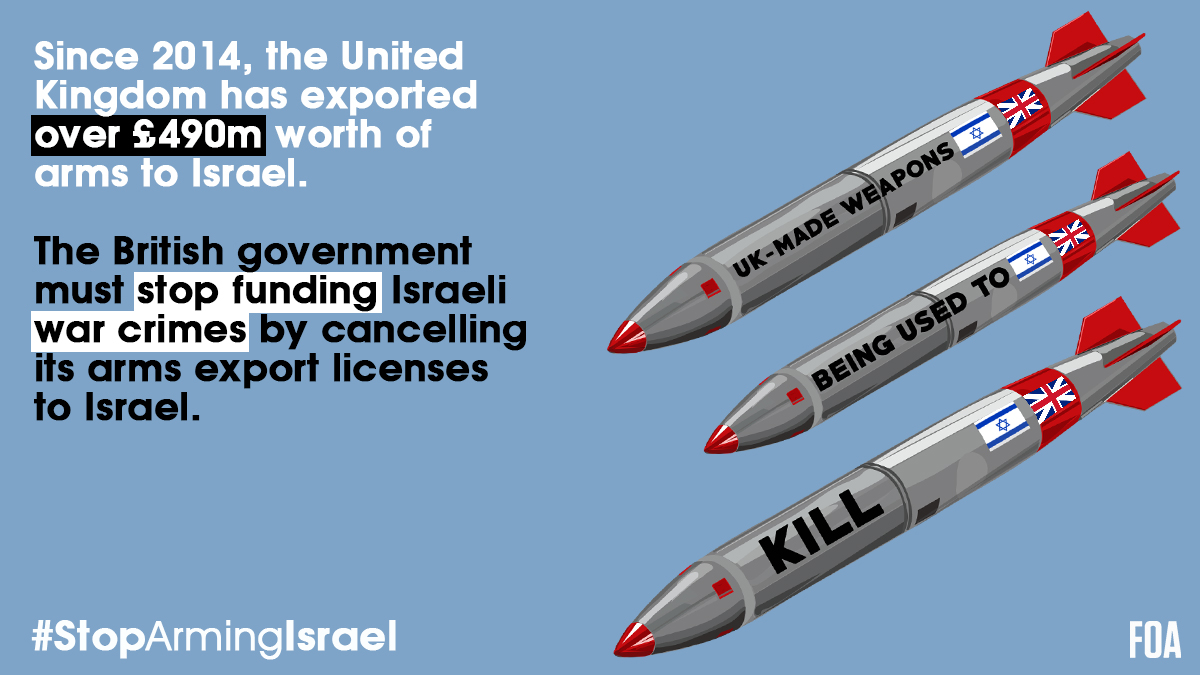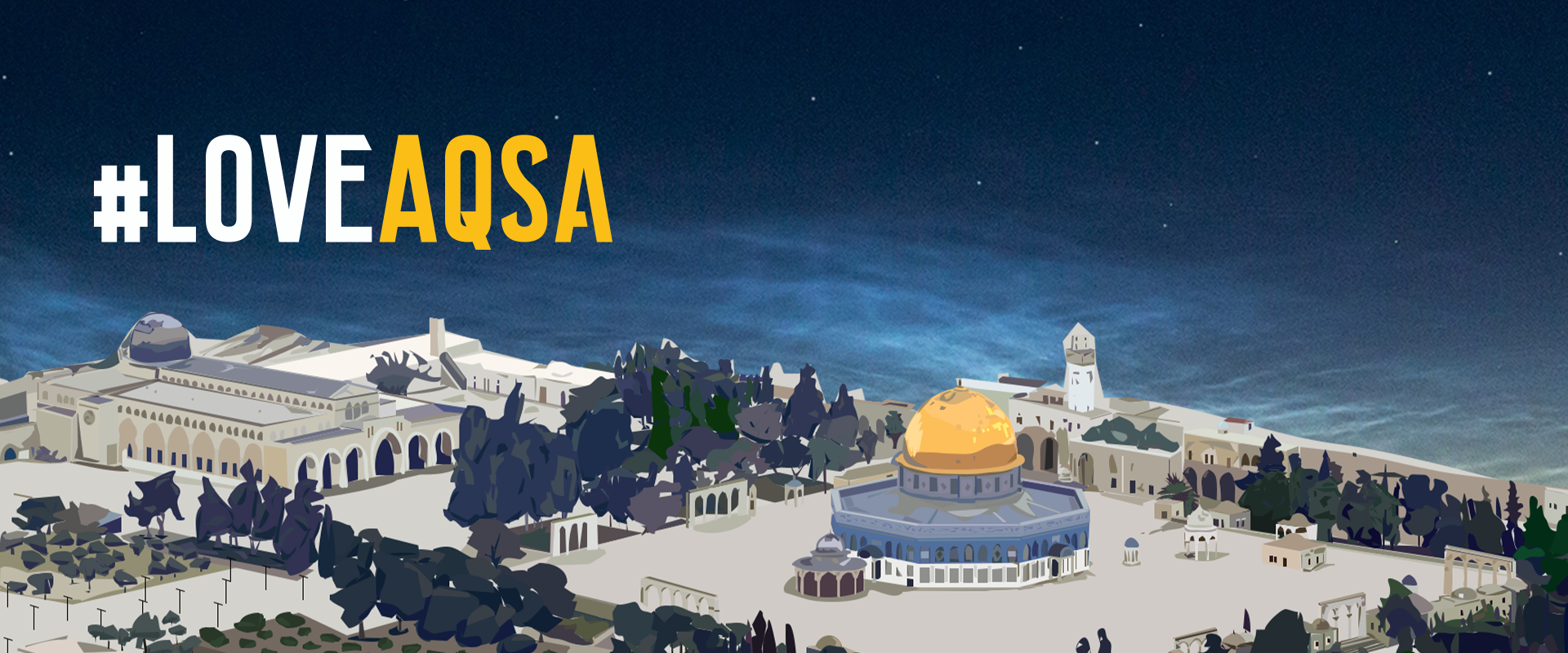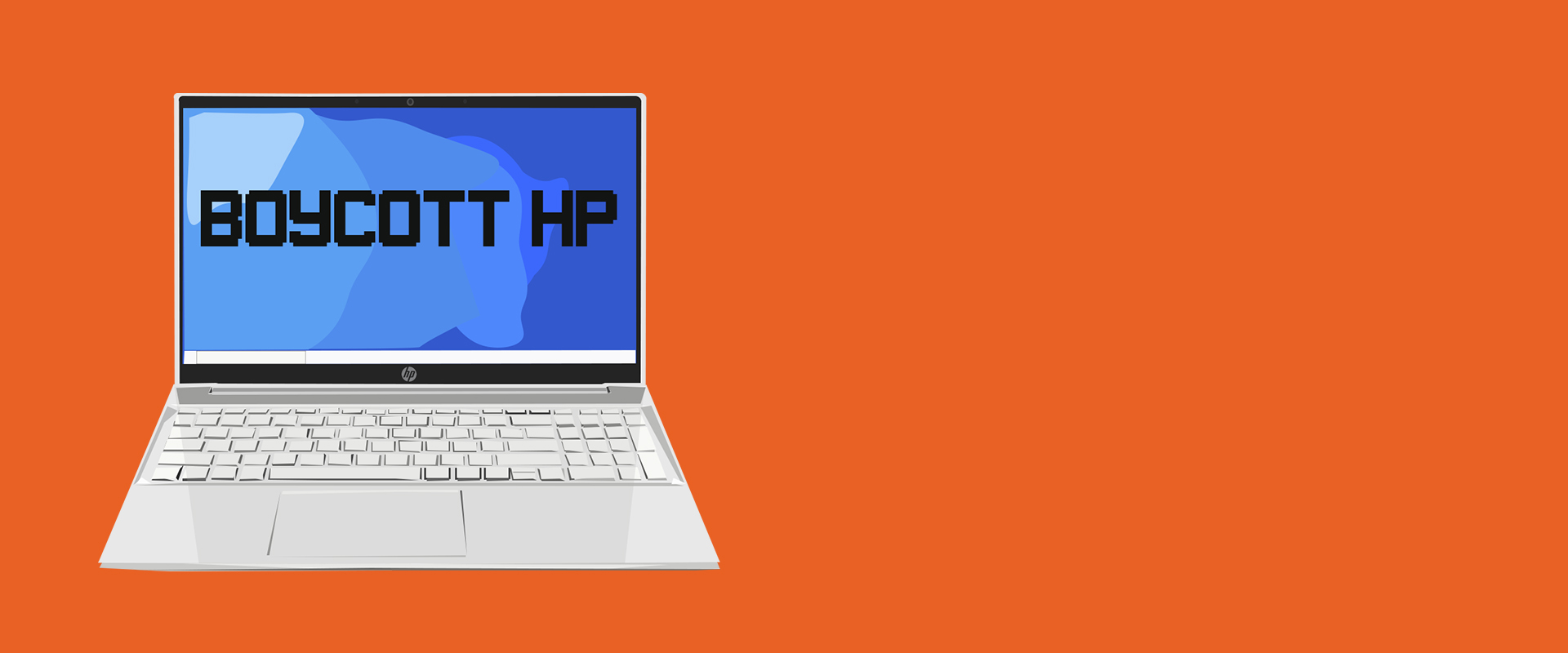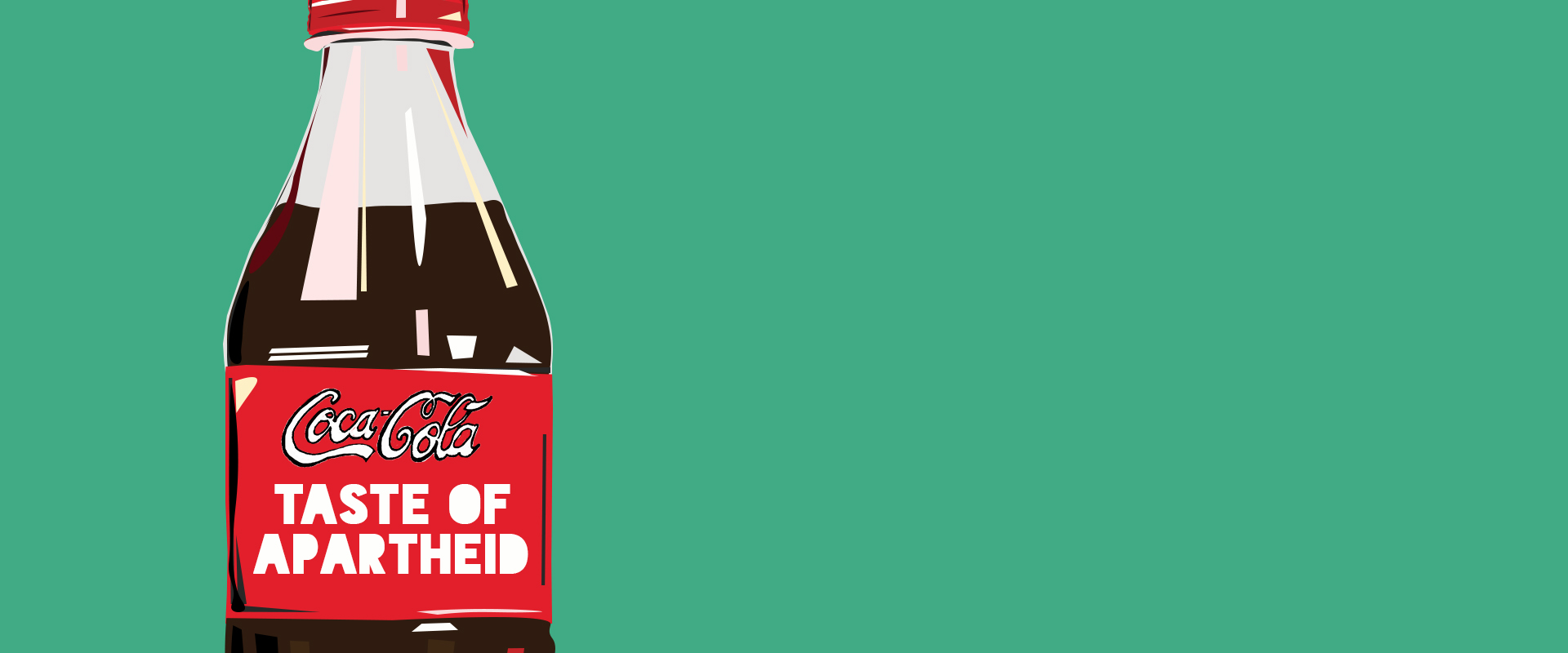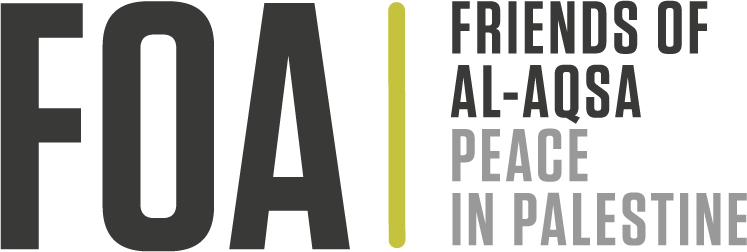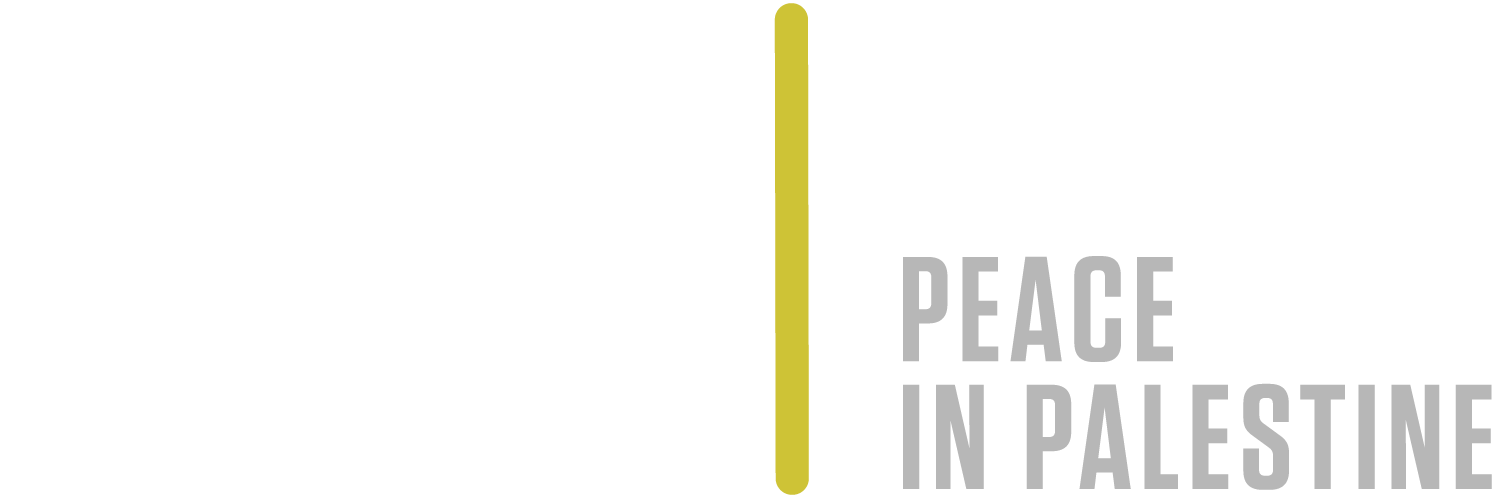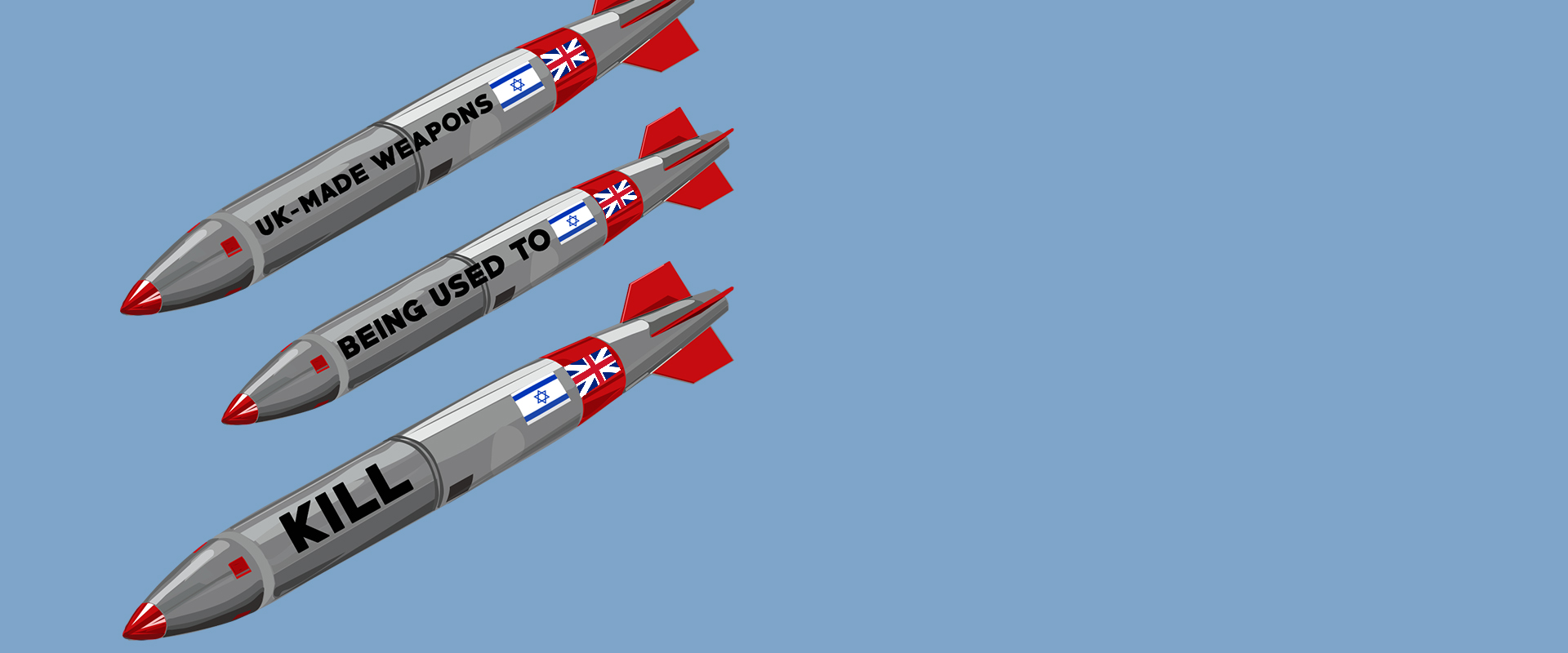
Take action
Email your MP to demand a full arms embargo on Israel and an end to UK complicity in war crimes. The UK must uphold international law and stop supplying weapons used in the ongoing genocide in Gaza.
Let's find your local MP
Thank you for contacting your MP about this important issue.
Please share this campaign with your friends and family.
Tweet your MP to call on the UK government to #StopArmingIsrael.
Let's find your local MP
Download, share and upload using #StopArmingIsrael.
Please select resource type below
Here are frequently asked questions on #StopArmingIsrael
Between 2015 and 2023, the UK approved arms export licences to Israel valued at approximately £492 million. Additionally, UK components supplied for Israel's F-35 fighter jets are estimated to be worth at least £360 million since 2016. This brings the total value of UK arms-related exports to Israel to over £850 million.
UK military exports to Israel encompass components for fighter jets, drones, tanks, targeting systems, small arms, and surveillance technology. Notably, the UK supplies 15% of the components for the F-35 fighter jets used by Israel. These exports also include electronic warfare equipment, missiles, and radar systems.
UK-supplied weapons have been used in Israeli military operations that have resulted in significant Palestinian casualties and destruction. Since October 2023, over 54,000 Palestinians have been killed, and more than 124,000 injured. The use of these weapons has contributed to the destruction of homes, schools, hospitals, and essential infrastructure, exacerbating the humanitarian crisis in Gaza.
Story so far.
As Israel continues its genocidal war on the Palestinian people, join FOA’s #StopArmingIsrael campaign and demand that the UK government immediately stop all arms exports to Israel.
Israel is using British-made weapons and military components to bomb and kill Palestinians. It’s also using UK-built technology to maintain its apartheid system in the West Bank, including mass surveillance. In September 2024, the UK suspended just 30 export licences. But 320 others were allowed to continue, including those supplying parts for the F-35 fighter jet, 15% of which are made in the UK. In fact, between October and December 2024, the UK approved over £127 million in new arms exports to Israel, more than in the previous three years combined.
The government’s own legal advisers are believed to have warned that Israel is violating international humanitarian law. Foreign Secretary David Lammy even admitted at one point that Israel’s blockade of aid into Gaza broke international law, although he later backed down.
Despite all the evidence and growing international condemnation, the UK continues to provide Israel with military support. This includes supplying weapons, sharing intelligence and offering diplomatic cover. In doing so, the UK is actively enabling the ongoing genocide of the Palestinian people.
This is not new. During previous attacks on Gaza in 2008 and 2014, the UK admitted its arms were used by Israeli forces. Yet the same weapons systems are still being sold today.
Since 7 October 2023, Israel has carried out one of the most devastating military campaigns in modern history. At least 61,700 Palestinians in Gaza have been killed, including more than 17,000 children. Tens of thousands more are injured or missing. The United Nations has confirmed that the famine unfolding in Gaza is not accidental, it is a result of Israel’s siege and deliberate destruction of infrastructure.
In the West Bank, the situation is also dire. More than 900 Palestinians have been killed, including 181 children. Over 40,000 people have been forcibly displaced as Israel steps up its campaign of military raids, home demolitions and settler violence.
UK law clearly states that arms exports must be denied if there is a "clear risk" they could be used to violate international humanitarian law. But the government has ignored this rule, just as it has ignored legal advice, court rulings and calls from human rights groups and its own MPs.
In January 2024, the International Court of Justice ruled that Israel’s actions in Gaza could amount to genocide and ordered interim measures. The UN Security Council called for a ceasefire in March. Just days later, the ICJ issued another urgent ruling warning of the worsening humanitarian crisis and the spread of famine.
Still, the UK kept exporting weapons.
By May 2025, public pressure has grown and legal action is underway. The UK government is now facing a High Court challenge over its continued supply of arms to Israel. Trade talks with Israel have been suspended. But arms exports continue.
The question is simple: what more will it take for the UK to finally stop arming Israel?
FOA calls on the UK government to urgently make legal advice public and immediately cease all arms exports.
Contact your MP using the links above to urge them to take action and to #StopArmingIsrael.
